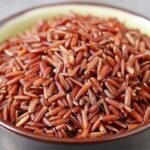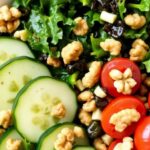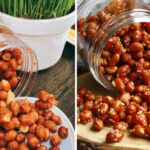Cardiovascular disease is the leading cause of death, but the good news is that it is preventable. This condition is deeply linked to our daily diet. Maintaining a sensible diet can not only reduce the risk of developing the disease but also plays a crucial role in protecting cardiovascular health. Studies have shown that increasing fruit and vegetable intake is one of the keys to better heart care.
Duy Tuan Do, from the Hanoi Oriental Medicine Association, shared his knowledge about vegetables that benefit cardiovascular health:
Onions
Onions are rich in vitamins and minerals and contain beneficial amino acids. These amino acids help improve fibrinolytic capacity in the body, support the dissolution of blood clots, reduce blood lipids, and cleanse the vascular system. In particular, prostaglandin A found in onions has a vasodilatory effect, helping to lower blood pressure and quickly detoxify the blood vessels. Therefore, onions can be considered the “king of cleanup” in the circulatory system. Onions also contain antioxidants and anti-inflammatory compounds, which help lower blood fat and protect the body from viruses.
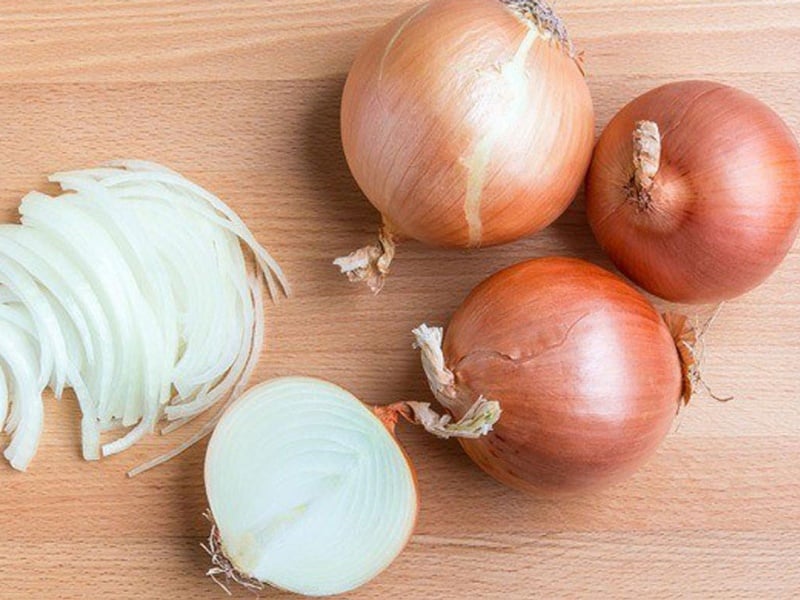
Onions are not only rich in vitamins and minerals but also packed with beneficial amino acids.
Asparagus
Asparagus is a vitamin-rich food that improves blood vessel elasticity and contains essential nutrients such as folic acid and selenium, vital for vascular health. Additionally, asparagus is high in fiber, which positively impacts detoxification in the intestines and lowers blood cholesterol levels.
Consuming asparagus not only enhances the efficient elimination of neutral fats but also improves blood circulation due to its ability to promote certain metabolites in the bloodstream. Asparagus is also a good source of potassium, which helps regulate blood pressure and maintain cardiovascular health through its abundant folate content.
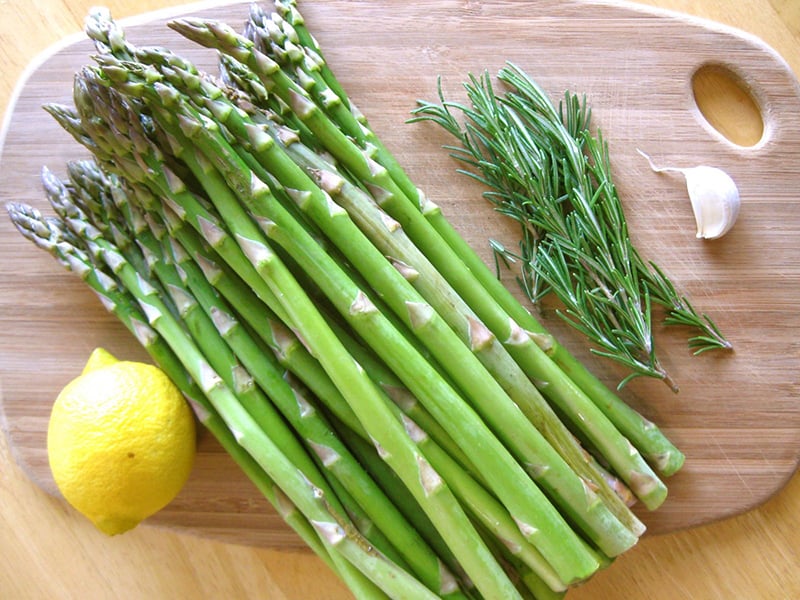
Asparagus is rich in vitamins and contains essential nutrients like folic acid and selenium.
Purslane
Purslane is an incredibly beneficial herb for health. It is known for its ability to dissolve blood clots, especially useful for those at risk of blood clots or high blood lipid levels. Purslane is rich in vitamins, fiber, and essential minerals like calcium, phosphorus, and magnesium. Consuming purslane not only supports lipid metabolism but also helps prevent the accumulation of bad cholesterol in the blood vessels. Additionally, the mannitol in purslane acts as a diuretic, improving blood circulation and playing a crucial role in removing blood clots and reducing blood lipids.
























